I recently was a guest on my friend Rob Cook's podcast! It was so fun! We explored possibilities in life and health and many other topics of wonder.
Here are the details:
Ep 93 Sara O’Neill “Upstream Healing“
Sara is a chiropractor, an Olympic-style weightlifter, and a new 3 Principles coach. As she discovers more about the Truth of what a human being is, Sara sees more and more that what she learned in school as the truth about the human body, is not necessarily Truth. The deeper Truth that Sara now sees, is that the body heals as we drop thought, not as we control stressful thinking. The more Sara sees Truth, the more she sees that understanding who we are at our core is where True healing happens.
The 3PGC’s podcast called “We’re Listening. A Community Where All Voices Are Heard” hosted by Rob Cook.
Specific Episode Link:
https://stream.redcircle.com/episodes/19eae1ef-60ba-4407-a95a-6b793c5fc809/stream.mp3
The Podcast Link:
https://redcircle.com/shows/we-re-listening
Transformative Coaching looks to transform a person's understanding of how life works. This allows for one's innate wisdom and wellbeing to express fully and easily. By extension, your life transforms effortlessly.
A coaching session by its nature is a facilitated conversation of possibility and wonder. Exploring together the space within all of us that is the joy and essence of who we are.
Some people work with a Transformative Coach to have a nicer experience of life or to improve a certain area of life such as relationships, money, anxiety or sports performance. A transformative coaching session is very different from other forms of coaching or counselling. We generally don't go into painful past events or relive traumas. The conversation is more of an exploration of what life looks like from our different perspectives. The results and change I've seen with people since looking in this direction are foundational, effortless and beautiful.
If you or someone you know (anywhere in the world) would like to explore with me how this could help you, use this link to book a 30-minute exploratory session with her over Zoom or in person:
For more information check out our new website page about transformative coaching or email drsaraoneill@gmail.com.



